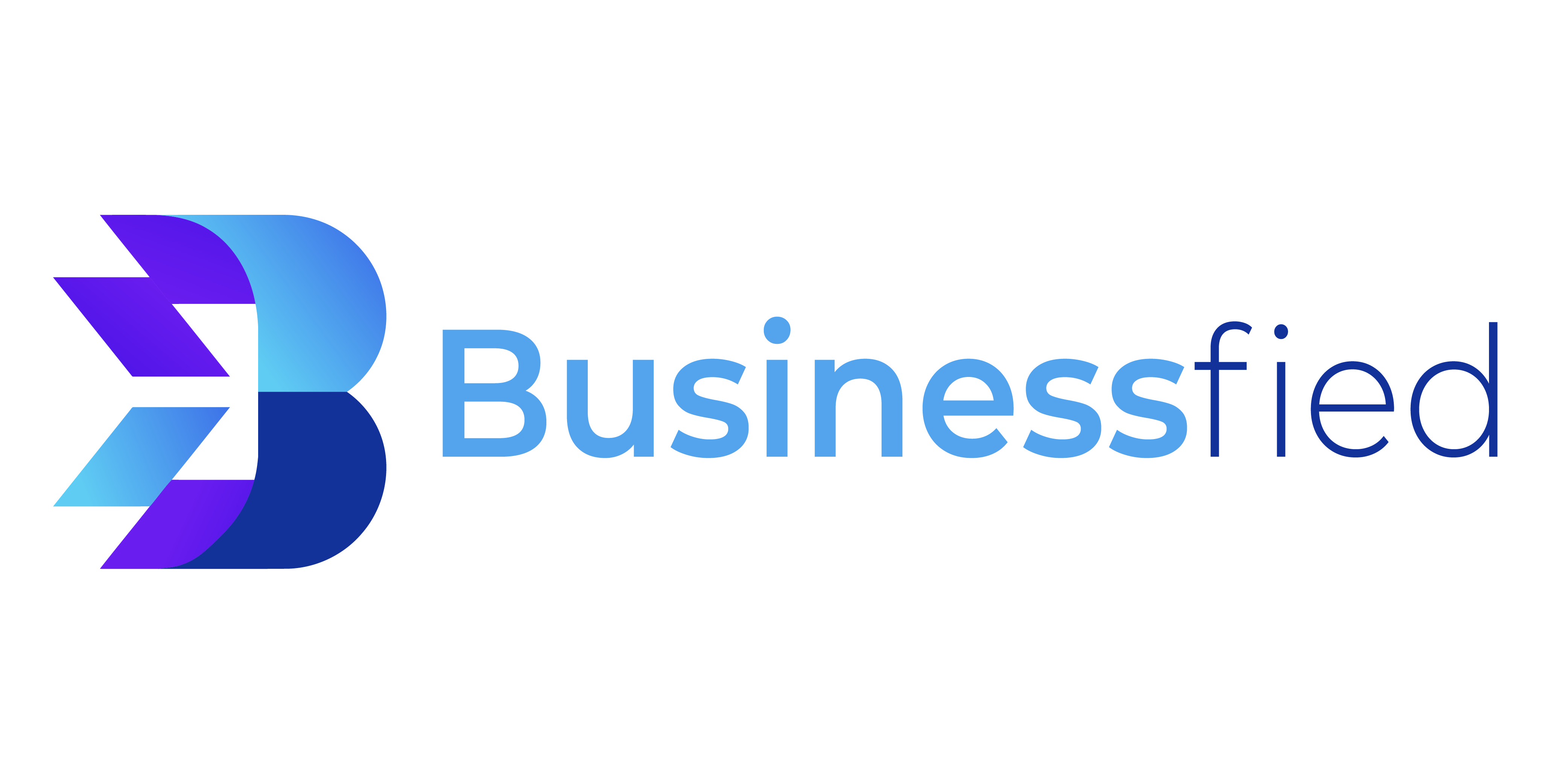Business Tips Disbusinessfied: Foundation First
1. Clarity Over Convenience
State your “one thing” goal every month—what must this business achieve that no one else can? Cut all projects, meetings, and hires that don’t serve this goal. Revisit and rewrite this “one thing” as markets, teams, or technology shift. Share clarity weekly—what’s changed, what’s next.
2. Ruthless Expense and Time Discipline
Audit every recurring expense every quarter—kill or negotiate those not ROIpositive. Don’t keep tools or SaaS subscriptions “just in case.” Track your and your team’s calendars; block priority work before anything else.
Time bloat is cash bloat. Routine reviews compound savings.
3. Systemize to Scale
Write clear, onepage SOPs for every repeating process—sales, hiring, onboarding, client communication. Delegate as soon as SOP is tested—never hire or promote without a handoff doc in place. Tune systems quarterly: keep, kill, update. Growth without systems is chaos.
4. DataDriven Everything
Every key decision (new product, price, hire, cut) must report on one metric before and after. Track customer acquisition cost, lifetime value, churn, conversion rate. Routinely. Review real numbers weekly. Let facts, not feelings, decide pivots.
Business tips disbusinessfied: Guesswork only feels good until you review losses.
5. Customer Retention > Acquisition
Double retention investments: onboarding, user education, loyalty programs, personalized outreach. Map customer experience from discovery to exit—refine what stalls, automate what repeats. Review support requests and NPS or CSAT scores; patterns signal weakness to fix.
Churn is always more expensive than new marketing campaigns.
6. Nail the Feedback Loop
Institutionalize postmortems, win/loss reviews, quarterly scorecard audits. Anonymous feedback for all; skip hierarchy for truth. Don’t flinch from negative reviews—track, log, and target three improvements each cycle.
Improvement requires pain and honesty.
7. Risk and Redundancy
Identify all single points of failure (supplier, tech stack, key hire). Build backup vendors, data redundancy, documentation for every process. Insure, test restoration, and rehearse worstcase drills at least annually.
Risk discipline is offense—avoid surprise crises.
8. Remove Ego From Hiring and Delegation
Only hire for skills that multiply revenue or strategic advantage. Fire fast for fit or attitude—wait only long enough for a fair test. Train crossfunctionally; encourage bottomup innovation and feedback.
No single leader wins alone. Teams only endure with structure.
9. Negotiate Every Deal
Treat every price—suppliers, leases, platforms—as moving, not fixed. Benchmark at least annually; explore new channels if costs creep up. Be willing to walk. Strong businesses don’t chase bad deals.
Negotiation is a discipline, not a personality trait.
10. Keep Learning Lean and Focused
Block weekly time for industry reading or competitive intelligence. Timebox webinars, courses, and “learning projects”—ROI measured by action within one week. Prune strategies, tools, and even books that don’t tie to your bottom line or core metric.
Business tips disbusinessfied: Knowledge unused is dead weight.
Routine That Delivers—A Daily/Weekly Blueprint
Daily: Review priority, track activity, clear blockages, and touch key numbers. Weekly: One process tightened, one metric improved, one feedback acted on. Monthly: Major project review, cost audit, goal reset, and SOP tuning. Quarterly: Churn analysis, customer journey remapping, risk audit, redundancy drill.
Pitfalls to Destroy
Ignoring small, recurring losses—scale multiplies every “minor” flaw. Overcustomizing before product/market fit; scale what’s proven, not what’s wished. Postponing tough calls, from pricing to people; action now, regret never.
Final Word
Victory in business is a routine—refined, reviewed, and never abandoned to luck. Let business tips disbusinessfied be your filter: measure, audit, prioritize, and never stop tuning the system. Smart leaders audit outcomes, document wins and losses, and discipline every process until it compounds advantage. Outlearn, outadapt, and move like there’s no tomorrow—because, in business, routine IS resilience.





